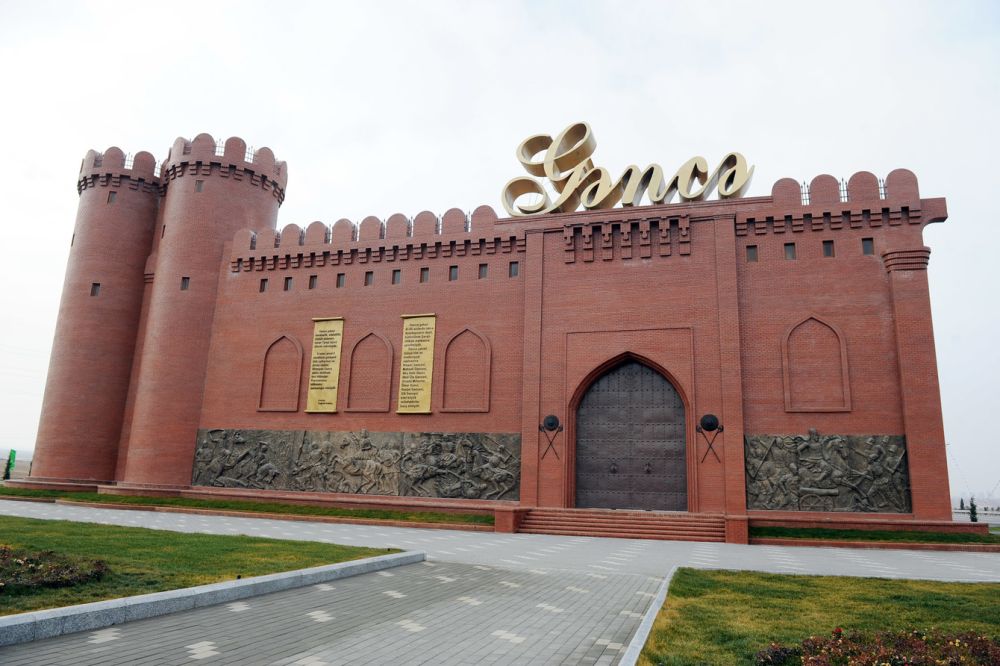

The city of Ganja, one of Azerbaijan's largest cities, boasts a rich and ancient history that extends back several centuries. It served as an important cultural and economic center on the Silk Road, attracting traders, travelers, and invaders from the East and West. The Ganja Fortress, whose construction dates back to the reign of the Ancient Caucasian Albanian kingdom, was once a formidable defensive structure. Through the centuries, the fortress has been a silent witness to countless battles, reconstructions, and political shifts, reflecting the city's turbulent past.
The Ganja Fortress Gates are what remain of the historic fortifications—the walls were largely destroyed during the earthquake of 1139 and subsequent invasions. The gates have gone through various periods of significance, from serving as the main entrance to the ancient city, to becoming a symbol of the resilience and identity of the people of Ganja. Today, they stand as proud remnants of the city's former glory and are a testament to Azerbaijan's rich historical tapestry.
Tourism in Ganja has developed alongside Azerbaijan's growing international profile. After gaining independence from the Soviet Union in 1991, Azerbaijan has increasingly opened its doors to international tourists. Ganja's historical monuments, including the Fortress Gates, have been an integral part of promoting the country’s cultural heritage.
The fortress gates began attracting more substantial tourist attention after Azerbaijan's efforts to restore and celebrate its historical sites. The government’s dedicated work towards preserving the nation's history has led to a rise in cultural tourism. Recognizing the gates as a symbol of Ganja's historical importance, they were included in city tours highlighting the past and present beauty of the area.
The latest trend in tourism in Ganja, and Azerbaijan as a whole, has leaned towards sustainable and experiential travel. Tourists are seeking more than just sightseeing; they want immersive experiences that allow them to connect with the local culture and history deeply. This has led to an increase in interest in destinations like the Ganja Fortress Gates, where visitors can glimpse into Azerbaijan's rich heritage.
Additionally, the development of modern tourism infrastructure, improved transportation links, and the increase in international flights to the country have made places like Ganja more accessible to the global traveler. The Ganja Fortress Gates continue to attract visitors who are interested in historical architecture, cultural festivals, and experiencing the local cuisine and traditional crafts endemic to the region.
The Azerbaijani government has also been proactive in promoting tourism through events, marketing campaigns, and offering e-visas to make entry procedures smoother for tourists. Such initiatives have significantly contributed to the rise in tourist visits to historical sites including the Ganja Fortress Gates.
The heritage of Ganja and the allure of the Fortress Gates continue to play a pivotal role in the cultural tourism landscape of Azerbaijan. As the country continues to pave the path towards becoming a major tourist destination, the historical monuments like the Ganja Fortress Gates serve as a cornerstone in this burgeoning sector, promising to offer visitors a profound connection to the past and an inspiring look into the future of this vibrant city.